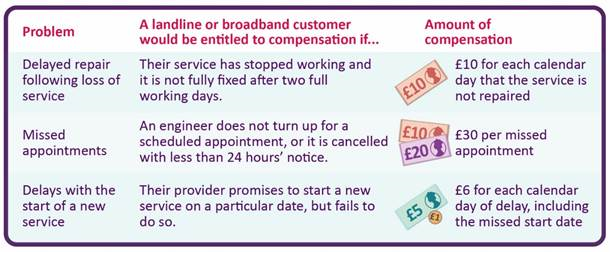Happy Birthday to the EU
I wish the EU well on its 60th birthday. The exit of the UK gives the EU a real chance to complete its currency union, and its borders union, two central features of the EU project that the UK under all parties in government was unwilling to accept. Freed of UK scepticism and reluctance, maybe the EU can now press on with building its vision of an integrated continent with a single economic policy, a single budget and more powerful Treasury at federal level, and common citizenship with external policed borders. Or maybe they will discover that the people of the other countries of Europe do not buy into that wider vision either.
It should also be time for the EU to reflect on why the UK left, why many parties on the continent are now pressing for their countries to leave the currency or even the whole Union, and why there are persistent and intense problems including high unemployment, migrations, a lack of agreement on the next steps in the Union, and a lack of proper opposition to EU policies within an EU level democratic framework.
Why, for example, has someone like me been such a critic of the EU? After all, I belong to many of the groups that are meant to be believers in the project. I am a globalist. I believe in an outward going foreign policy, freer trade where possible, democracy and tolerance, and the pursuit of peace. These are meant to be the values of the EU leaderships as well, so why didn’t they carry me with them?
The answer is two fold. I watched their actions, and saw that so often they did not follow their own stated aims. I also saw that where they thought they were following their aims, they often chose policies which achieved the opposite of their stated ambition.
The biggest disappointment was their wish to build a large one size fits all bureaucracy seeking to control every aspect of life. This was never compatible with the wider ideals of liberty and democracy. It made creating a single demos even more difficult than it was going to be. With so many different languages and levels of economic development it was never going to be easy to get people to believe in a new European state.
They never followed the aim of building democracy into the EU properly. The Parliament was added, but it does not provide the government nor control the government. Too much power rests in the unelected and often unaccountable Commission. These full time officials can manipulate the member states and play them off against the Parliament. There is no organised opposition to the EU government suggesting an alternative programme or approach, or ready to take over when people have had enough a particular EU government. In practice all the new laws are usually Commission ideas brokered with fluctuating factions of member states and the Parliament. The whole development is a ratchet to greater Union, even where past steps have demonstrably failed or proved unpopular.
They never followed the aim of promoting prosperity. Their currency scheme was bound to produce wild booms and busts in differing member states economies, as Ireland, Spain, Greece and others found to their cost. It was all entirely predictable – as I wrote often. After all we had seen the damage the European Exchange Rate Mechanism did. The Euro was just the version of that you could not easily get out of.
Their austerity policies which followed the boom bust entry of the Euro into many economies has created resentments and confined a whole generation of southern young people to unemployment.
They never worked out how to decide who could be a European citizen, and how to run orderly borders. Instead of the tolerance they wanted, they have created hostile attitudes to new arrivals in many parts of the continent.
Their birthday party should be a meeting for reappraisal. Do less, and do it better. Or get consent to the grand vision. Above all, try being democratic for a change. I saw from the beginning that the EU would not be to our liking. I read the Treaty of Rome which was never a Treaty for a free trade area as advertised. It was always a country in the making, where ambition far outran practicality.
read more

